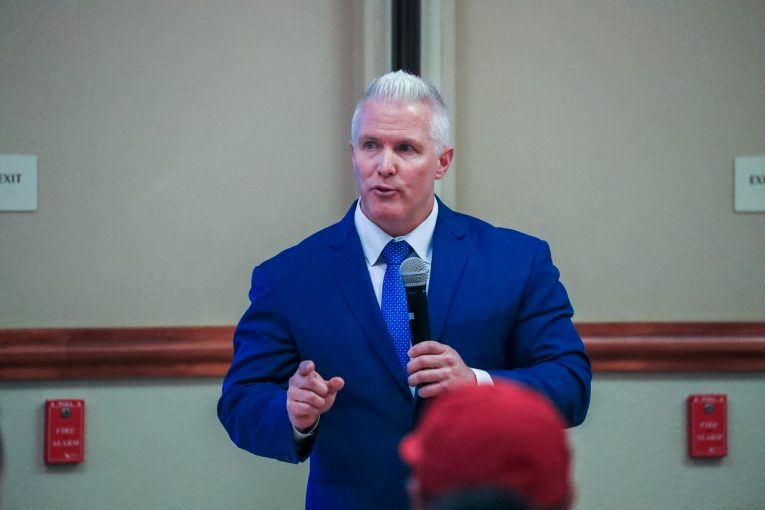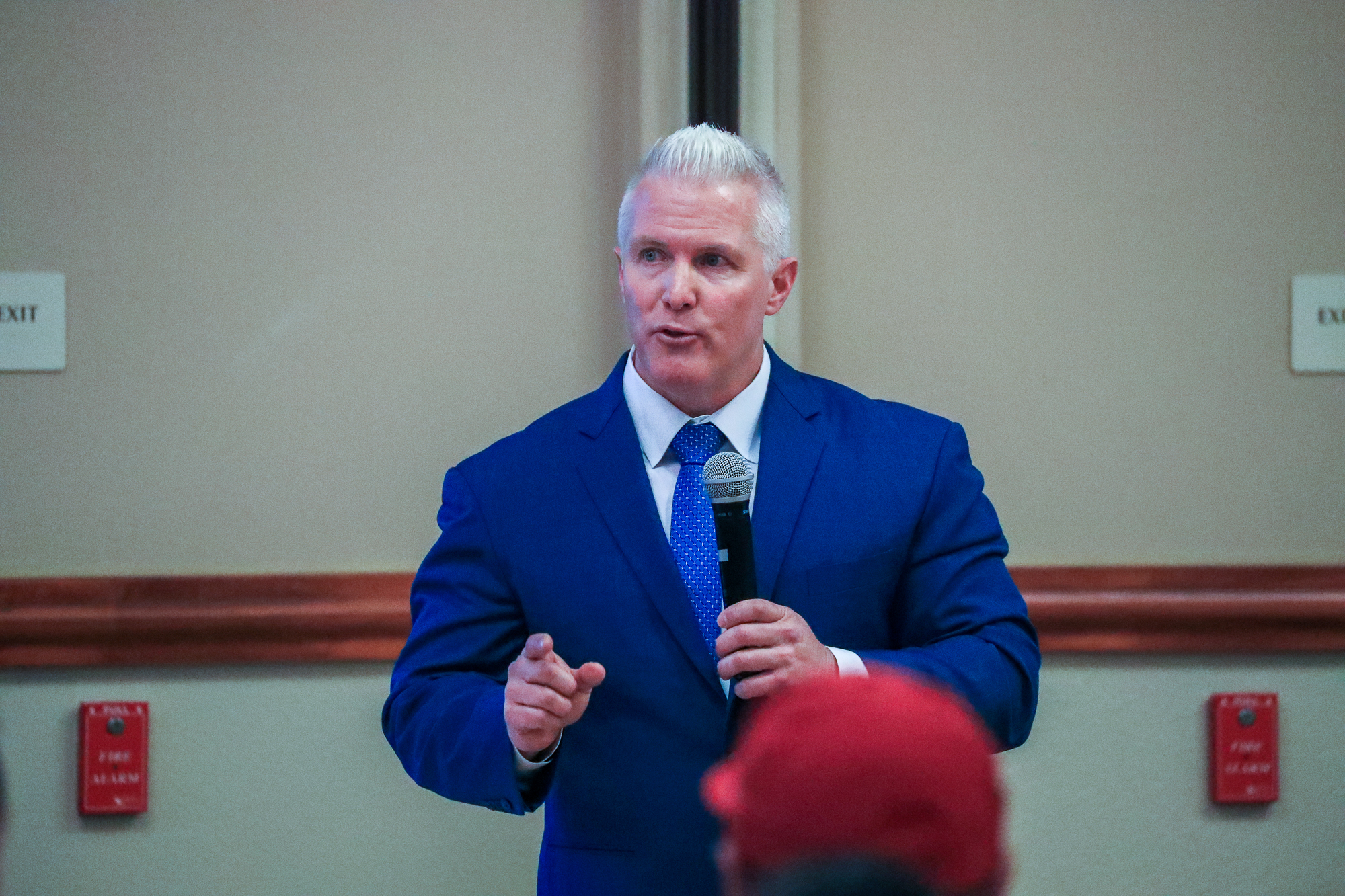

By David M. Greenwald
Executive Editor
Yolo County DA Jeff Reisig waded onto the national stage on Monday evening on CNN’s Laura Coates Show and debated bail reform.
At issue, the rapper 50 Cent who says “Los Angeles is screwed over its Zero Bail Policy.” Coates noted that “in an Instagram post, the rapper shared a clip from a local newscast on the policy, writing, L.A. is finished.”
Coates then brought on CNN Political Commentator Van Jones and Yolo County District Attorney Jeff Reisig to discuss the issue.
“I’m glad he has raised the issues so we can talk about it, but in fact, what happened here in Los Angeles, maybe different other places, is that when they stopped forcing people to pay just because they had been arrested, again, this is not about people who have been convicted,” Van Jones explained.
He noted, “It’s about people who have just been arrested. If you are guilty but have money, you can get out. If you’re innocent and you’re poor, you have to stay in jail sometimes for a year or two just waiting for trial. During COVID, they stopped doing that and it actually turned out that it improved the situation when it comes to crime.”
Jones added that “these policies are actually crime-ogenic. The judge said it’s actually creating more crime in L.A. to let people buy the way out just because they have  money. And so, here, it makes sense. And in fact, no officials in this town are willing to defend the old policy. And so, that’s what’s happening here in Los Angeles.”
money. And so, here, it makes sense. And in fact, no officials in this town are willing to defend the old policy. And so, that’s what’s happening here in Los Angeles.”
But Yolo DA Jeff Reisig disagreed.
He said, “50 Cent is right on this one and you know in Yolo County, I’m one of fifty-eight counties in California and last year was the president of the California District Attorneys Association. We’re the only county in California that measured this Zero Bail Policy and what we found unfortunately was when people were released on zero bail, they committed 163 percent more crime than people who had been released for the same types of crimes on posted bail, and they committed 200 percent more violent crime than people who had posted bail.”
The Vanguard’s analysis from February disagrees with Reisig’s conclusion and called into question his methodology.
Commentary: Why DA Reisig’s Zero Bail Study Is Flawed and Uncompelling
Coates pointed out that when LA enacted its Zero Bail Policy, crime ticked upwards.
While Van Jones did not dispute the numbers Reisig put forward, he noted “correlation does not mean causation. It could be that there’s other factors that are pushing crime up there.”
He argued, “We have to get smarter about bail. I agree.”
The problem, he noted, is “somebody who’s done something terrible, they’re a predator, just because they have money, after they get arrested, they should be able to go home, particularly have money.”
But, he said, “somebody else has got to sit in jail for a year and a half, lose their job, lose their place in school, lose their kids to the system, just because they don’t have enough money to give somebody before they get to trial.”
Jones pointed out, “You got 6000 people sitting in jail right now, haven’t been convicted of anything, and they can’t get out because they’re poor. That doesn’t work for Los Angeles.”
Reisig acknowledged, “There’s lots of things that we could do differently, and one of them is simply have a risk assessment on every single individual when they’re arrested before you make the decision to release or not. And that’s the problem with zero bail, is it’s just an automatic release when they’re arrested. They’re not seen by a judge. They’re not evaluated for their prior criminal history, their risk. They don’t talk to the victims. They just release them. That’s dangerous.”
He got the last word: “To the L.A. case, unfortunately, my understanding is neither the district attorney nor any member of law enforcement appeared in that court case and offered a contrary opinion. I think Van knows that. And that’s unfortunate because there is good data out there that tells another story than what the judge found.”
Reisig pointed to the lack of risk assessments, but Van Jones could have pointed out that risk assessments tend to be biased against people of color.
One problem with Zero Bail was the lack of support resources needed to make the problem more successful.
For instance, while Yolo County seemed to struggle with zero bail, many early release programs proved successful.
In an analysis from the Washington Post, Molly Gill wrote, “To protect those most vulnerable to covid-19 during the pandemic, the Cares Act allowed the Justice Department to order the release of people in federal prisons and place them on home confinement. More than 11,000 people were eventually released. Of those, the Bureau of Prisons (BOP) reported that only 17 of them committed new crimes.”
She added, “That’s a 0.15 percent recidivism rate in a country where it’s normal for 30 to 65 percent of people coming home from prison to reoffend within three years of release.”






